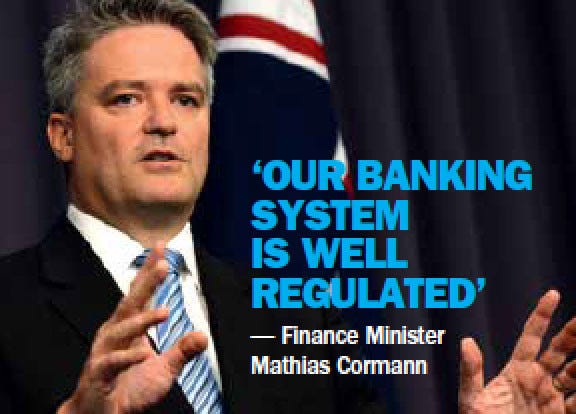Recent governance failures at AMP, the Commonwealth Bank and Cricket Australia have highlighted the challenges for ethical leadership in uncertain, complex environments. As the current QUT Business School Colin Brain Governance Fellow I have been continuing my research into “Why Good People Do Bad Things” and specifically how complexity impacts on ethical decision making and how leaders can create ethical systems. Most importantly, leaders want to know how these theories impact on real world issues and how to avoid governance failures in their organisations.
If you are a CEO, Board Member or senior executive responsible for ethics, governance or risk issues you may appreciate this short summary of what I have learned from 6 or so years of research.
1. Good people can unintentionally create bad (unethical) outcomes – cognitive biases, perceptual blindness, delusion and self-righteousness may prevent you from even recognising an ethical dilemma - so just being ‘good’ is not enough.
2. …
Keep reading with a 7-day free trial
Subscribe to A.C. Ping's Substack to keep reading this post and get 7 days of free access to the full post archives.



